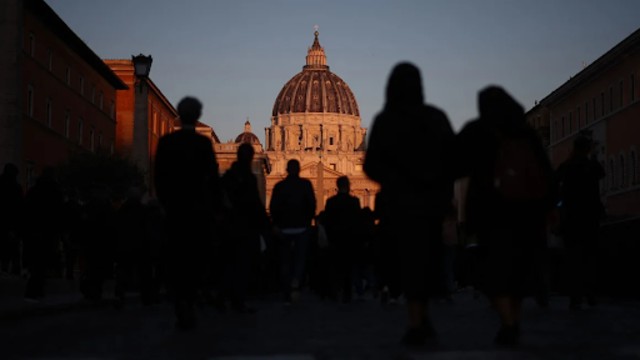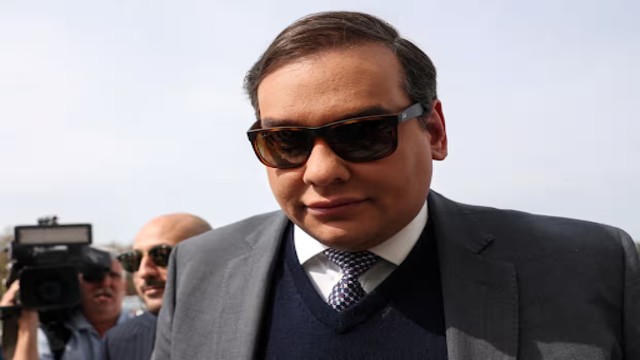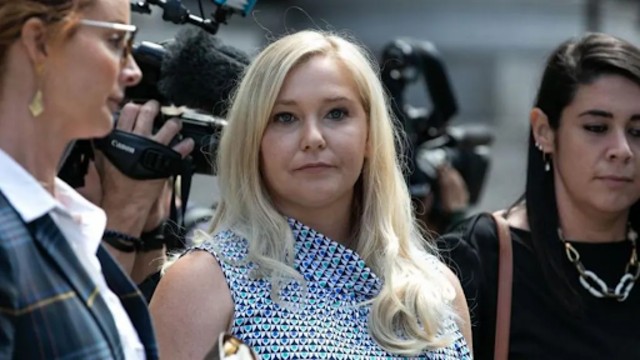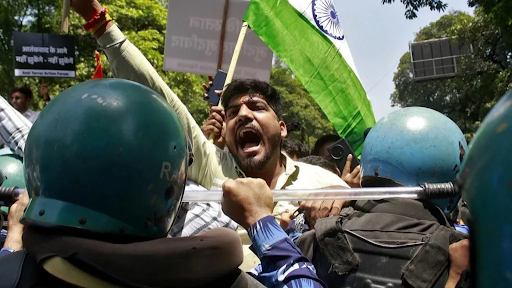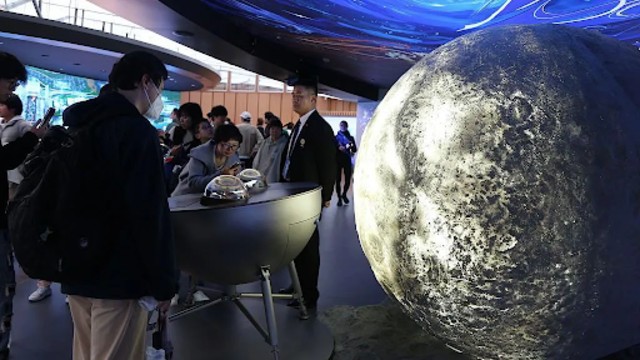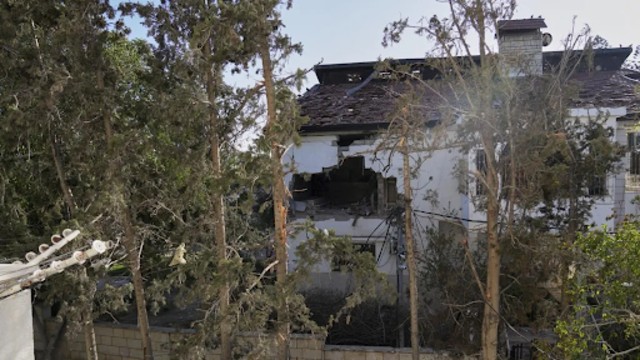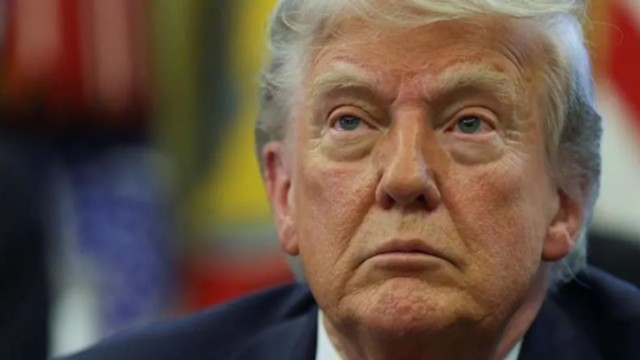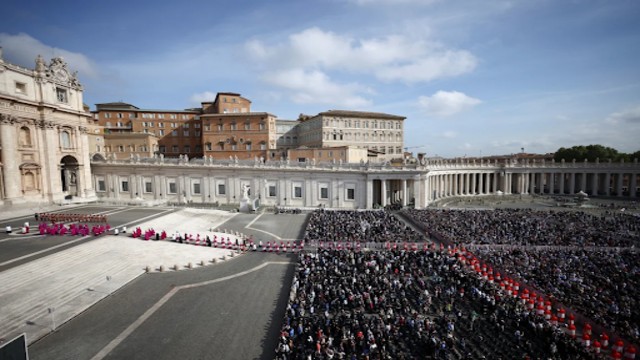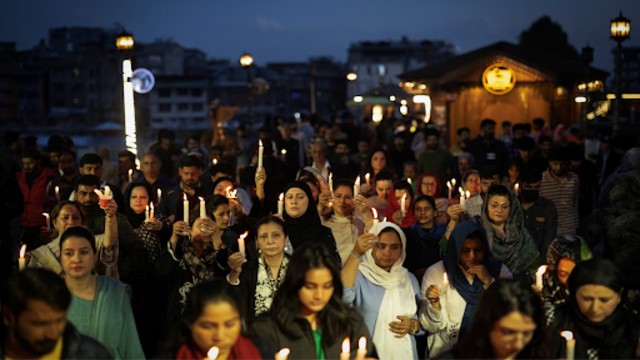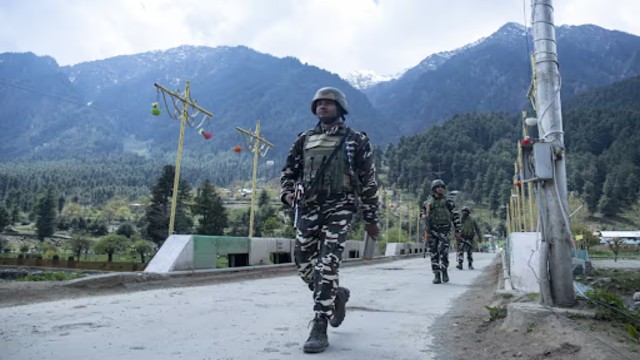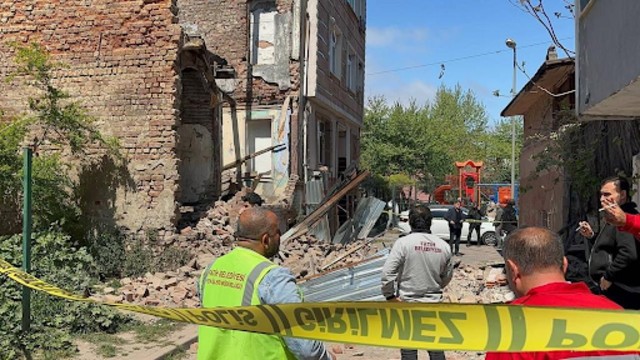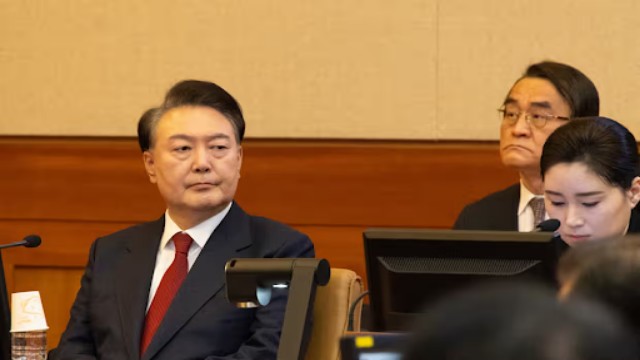
South Korea's impeached President Yoon Suk Yeol attends a constitutional court hearing in Seoul on February 13, 2025. His criminal trial starts on Thursday. Getty Images
Former South Korean President Yoon Suk Yeol is set to become the first sitting leader in the country’s history to stand trial in a criminal case. The court proceedings begin on Thursday in Seoul, where he faces charges of insurrection for attempting to impose martial law. If convicted, he could face life in prison or even the death penalty.
Yoon, 64, has been behind bars since his arrest in January. Prosecutors claim he was the mastermind behind an attempted insurrection. His legal team argues that the charges are baseless, stating he had the right to declare martial law as head of state. They have also questioned the legitimacy of his indictment.
Meanwhile, South Korea’s constitutional court is reviewing his impeachment. Lawmakers voted to remove him from office in December, and the court will decide whether to make it permanent. The 10th hearing in this case is scheduled for 3 p.m. on the same day as his criminal trial. If the court upholds his impeachment, a new presidential election must be held within 60 days.
The case has sparked nationwide debates and protests. Supporters have rallied in Seoul, demanding his release, while critics argue his actions violated democracy. The trial has also drawn attention to others involved. Han Duck-soo, who briefly served as acting president after Yoon’s removal, is set to testify. Former intelligence official Hong Jang-won and national police chief Cho Ji-ho, who is also facing insurrection charges, have been called as witnesses.
A key issue in Yoon’s impeachment trial is whether he overstepped his authority by declaring martial law. The South Korean constitution allows it only in extreme situations, such as war or national emergencies. However, Yoon’s decree lasted just six hours before parliament blocked it. His removal from office has led to months of political chaos, protests, and a surge in online misinformation.
The constitutional court’s eight judges will deliberate in private after the hearings conclude. Their decision could take up to two weeks or longer. In previous impeachment cases, former presidents Park Geun-hye and Roh Moo-hyun waited 11 and 14 days, respectively, for their verdicts.
Yoon’s lawyers insist he acted within his powers. They argue that the martial law declaration was “an act of governance and cannot be subject to judicial review.” However, legal experts believe his trial could set a major precedent for future leaders.
As the hearings unfold, South Korea watches closely. The outcome could reshape the country’s political landscape for years to come.


